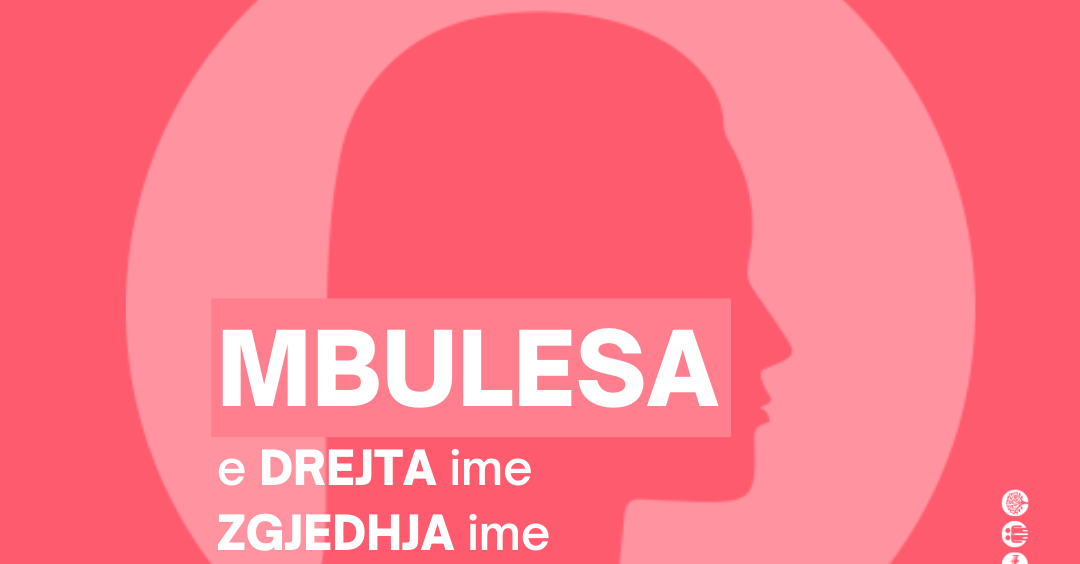Empowering Choice: Celebrating Hijab as a Symbol of Identity and Pride
Hijab, a fundamental right enshrined in law and constitution, continues to spark debate and contention, echoing through the corridors of power and public discourse. For decades, successive governments have grappled with the question of hijab, oscillating between indifference, hostility, and broken promises. Despite electoral pledges to uphold the rights of hijabi women, many governments have failed to deliver on their commitments, perpetuating a cycle of neglect and marginalization.
What is truly disconcerting is the silence of mainstream feminist organizations in the face of this ongoing struggle. While advocating tirelessly for gender equality, these organizations have remained conspicuously silent on the issue of hijab, failing to stand in solidarity with hijabi women in their quest for recognition and respect. By perpetuating double standards and dismissing hijab as a symbol of backwardness, they undermine the agency and autonomy of women who choose to wear it, perpetuating harmful stereotypes and eroding the principle of choice.
As a non-governmental organization dedicated to promoting gender equality and empowering women, we refuse to stay silent in the face of injustice. We stand firmly alongside hijabi women, recognizing their right to self-expression, identity, and pride. With a firm commitment to advancing the rights of all women, regardless of their choice of attire, NGO Me Dhe Për Gratë has launched an awareness campaign in support of hijabi women, amplifying their voices and advocating for their rights to be upheld and respected.
At the heart of our campaign is the belief that every woman has the right to make choices about her body, her identity, and her faith, free from coercion, judgment, or discrimination. Hijab, far from being a symbol of oppression, is a powerful assertion of individuality, dignity, and faith. By challenging stereotypes and misconceptions surrounding hijab, we seek to foster a culture of inclusivity, acceptance, and mutual respect, where every woman is empowered to embrace her identity and assert her rights with pride and confidence.
Hijab, far from being a symbol of oppression, is a powerful assertion of individuality and liberation. For many women, wearing the hijab is a deeply personal choice rooted in faith, identity, and cultural heritage. It serves as a visible expression of their commitment to modesty, piety, and self-respect, allowing them to navigate the complexities of modern life while remaining true to their values and beliefs. In a world that often commodifies and objectifies women’s bodies, hijab offers a sanctuary of dignity and autonomy, shielding women from the pressures of societal expectations and superficial judgments.
Moreover, hijab empowers women to reclaim ownership of their bodies and redefine beauty on their own terms. By covering their hair and concealing their physical attributes, hijabi women challenge conventional notions of attractiveness and challenge the pervasive objectification of women’s bodies. Instead of seeking validation through external appearances, hijabi women find empowerment in their inner strength, intellect, and character, asserting their right to be recognized and respected for who they are, rather than how they look.
Furthermore, hijab serves as a source of empowerment and solidarity for women within Muslim communities and beyond. In a world rife with Islamophobia and discrimination, wearing the hijab is an act of resilience and defiance, symbolizing resistance against bigotry and injustice. By proudly donning the hijab, women assert their right to religious freedom and cultural expression, refusing to be silenced or marginalized by societal norms or prejudice. In doing so, they inspire other women to embrace their identities and assert their rights with courage and conviction.
Additionally, hijab fosters a sense of community and sisterhood among hijabi women, creating a supportive network of solidarity and mutual respect. Through shared experiences and common struggles, hijabi women find strength in unity, standing together as allies and advocates for each other’s rights and dignity. Whether facing discrimination, stereotyping, or backlash, hijabi women draw strength from their collective resilience, finding solace and empowerment in the bonds of sisterhood that transcend cultural, linguistic, and geographical boundaries.
Finally, hijab empowers women to defy stereotypes and challenge misconceptions about Islam and Muslim women. By proudly wearing the hijab and embracing their religious identity, hijabi women shatter stereotypes and challenge preconceived notions about their agency, intellect, and autonomy. In doing so, they reclaim their narrative and assert their presence in public spaces, asserting their right to be seen, heard, and respected as equals in society. Hijab, therefore, emerges not as a symbol of oppression, but as a beacon of empowerment, liberation, and self-determination for women everywhere.


